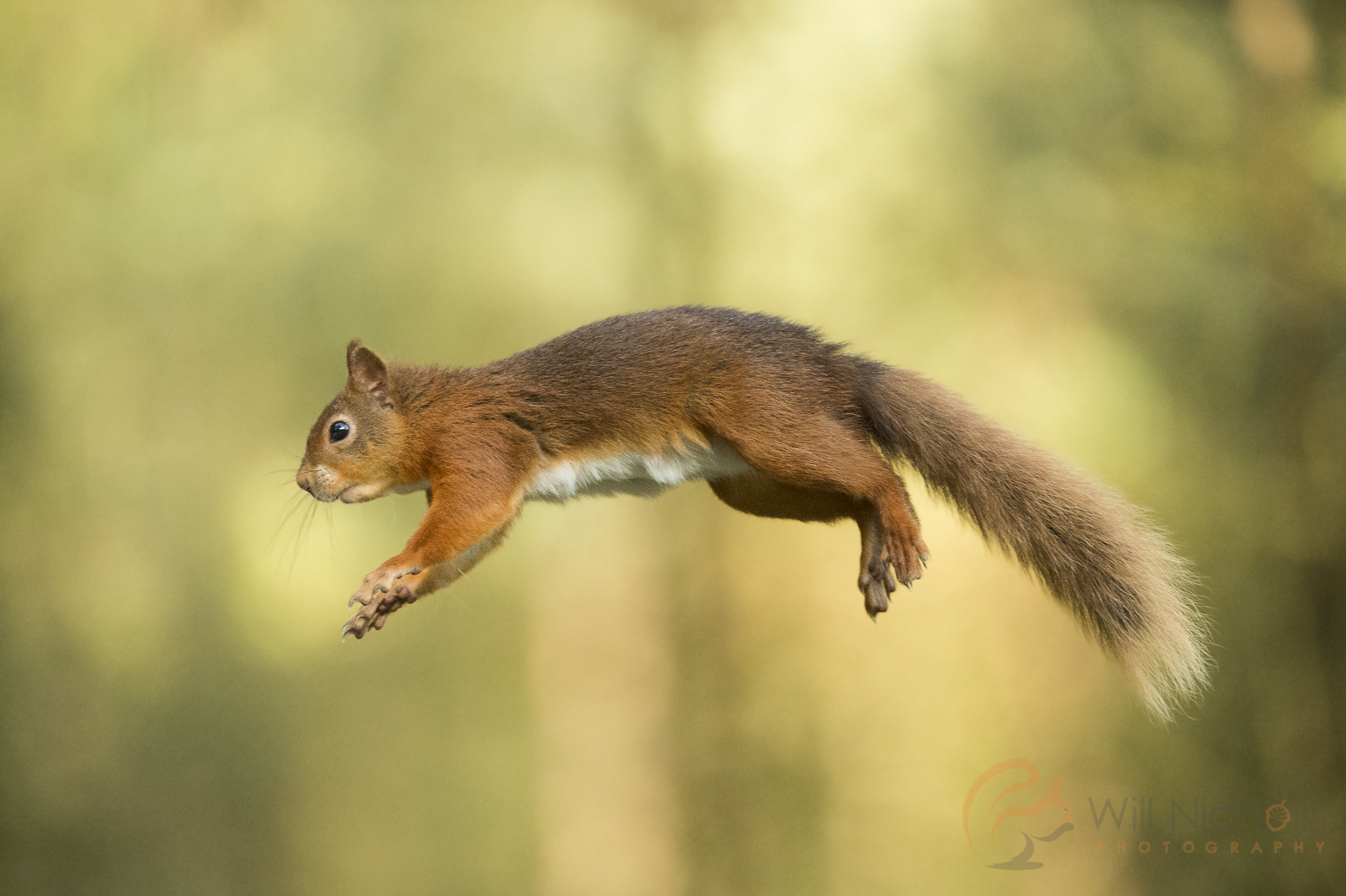It’s Not All About the Camera… But Let’s Give It Some Credit

“Wow, you must have a great camera!”
I bet there’s not one photographer reading this who has never heard that phrase. It’s both a compliment and an insult to photographers who’ve spent many hours waiting for the perfect moment to click the shutter. I’ve heard it on countless occasions, and I tend to laugh it off now.
It’s no surprise that it irritates a lot of us though, after all it implies that there is no real skill in photography. It has a similar effect to when people refuse to classify photography as an art, just because you aren’t using a paintbrush to take your photo. Have you ever shown someone, perhaps even a family member, a photo that you’re really proud of, only to have the “great camera” line slapped in your face? Ouch.

The last time my camera stole the credit for a photo was when I was proudly displaying this image of a gull stealing fish from the beak of a puffin. Serves me right for showing off I guess!
But it’s also something people continuously say out of kindness at markets and trade shows. So maybe there’s some truth to it… After all, I couldn’t take the photo without the camera, could I?
[easy-tweet tweet=”Photography isn’t all about the camera you have, but give it some credit!” usehashtags=”no”]Look back at Eric Hosking‘s work. He’s probably the most famous wildlife photographer to date, having started his career in 1929 photographing birds. Not easy to do when you can’t even look through a proper viewfinder. Hosking had to calculate all of his exposures manually, prefocus the lens, and overcome all sorts of complications – all of this was done using ISO 10 film. Considering the technology available to him at the time, his photos are incredible! We can’t legally display his work here, so I recommend taking a look online.
Nowadays, we don’t face the problems that Hosking faced. In fact, the camera does a lot of the work for us. We have semi-automatic modes, frequented by many professional wildlife photographers, which help take the headache out of establishing a correct exposure. Of course, even the most basic digital cameras can do this. Don’t forget autofocus either – that’s one hell of a blessing when it comes to wildlife photography. All of this let’s us concentrate more on composition or other advanced techniques.
Hosking shot using ISO 10 film. Have you ever used ISO 10? Imagine trying to shoot in anything but bright sunshine, without a flash, using ISO 10. My first DSLR camera was a Nikon D80, and I couldn’t really go much above ISO 400 before my photos were peppered with digital noise. Now I’m shooting on a Nikon D4, and I can comfortably shoot at crazy ISO speeds. This leaping squirrel was taken at ISO 10,000.
So when someone says “Wow, you must have a great camera!”, can I really take all the credit for this? Probably not. Well, definitely not. The incredible camera technology at our disposal today makes all of the mesmerising wildlife photos you see online possible. Wildlife Photographer of the Year would be a very different place if everyone was still shooting on ISO 10 film.
Lightweight lenses; cameras with incredible ISO capabilities; powerful flashes and flash extenders; fast autofocus systems… they’re all things that contribute to the final image.
But what the camera can’t do is compose an image. It can’t think of the story behind the shot. It can’t see the right moment to press the shutter, and it can’t choose exactly where to focus. However, a really powerful photo with a strong story will probably not attract comments about your camera. It’s something I’m trying to work on with my own photography, but I’m still left stunned by the work of wildlife photographers who are hybridised as photojournalists, telling incredible stories of the natural world in still images. Just open a copy of National Geographic and you’ll see what I’m talking about. I have a long way to go though in learning to really embed a story in my images; it’s definitely a tough art to master.
So for now, I’ll admit it. I do have a good camera.






